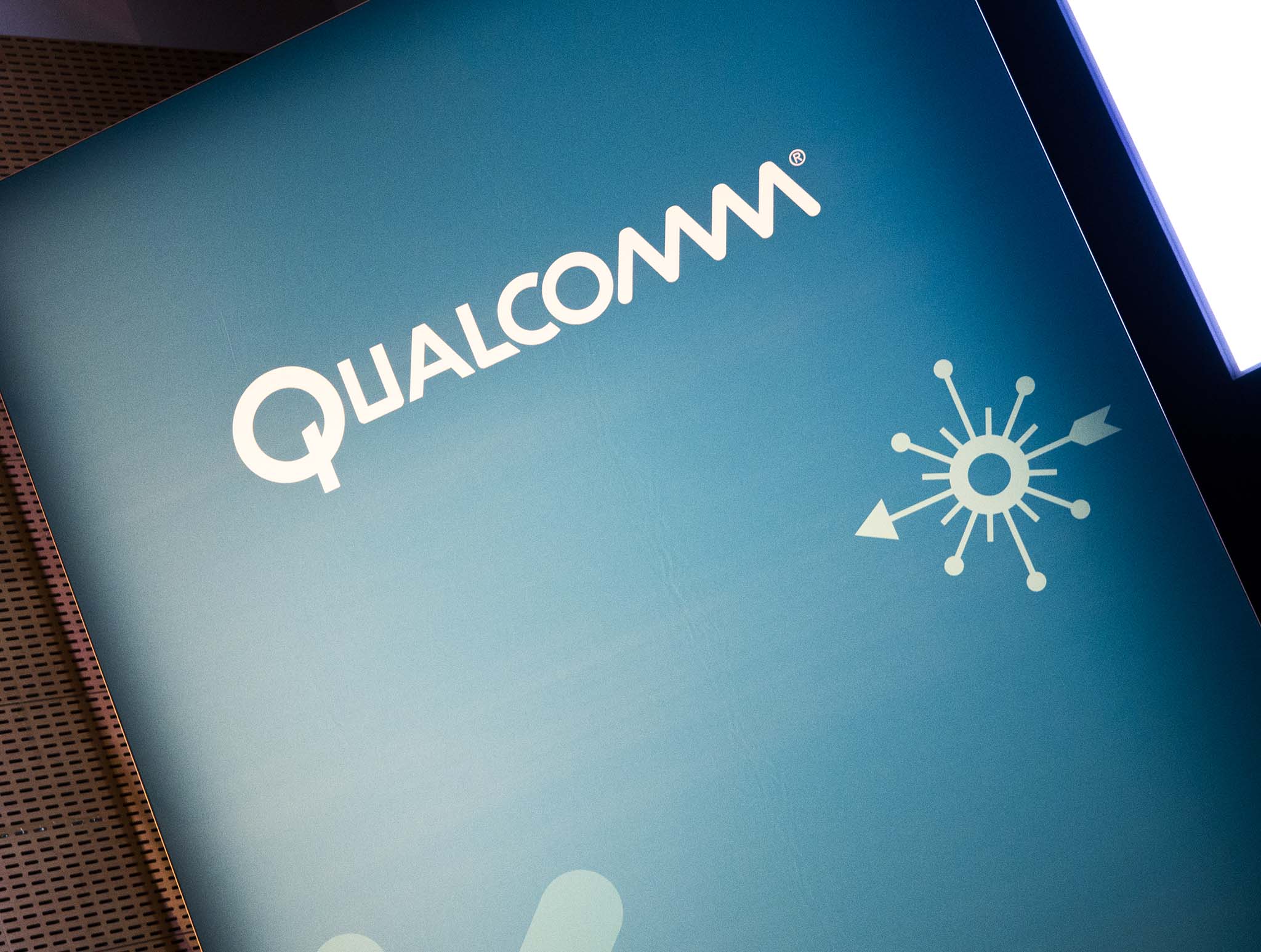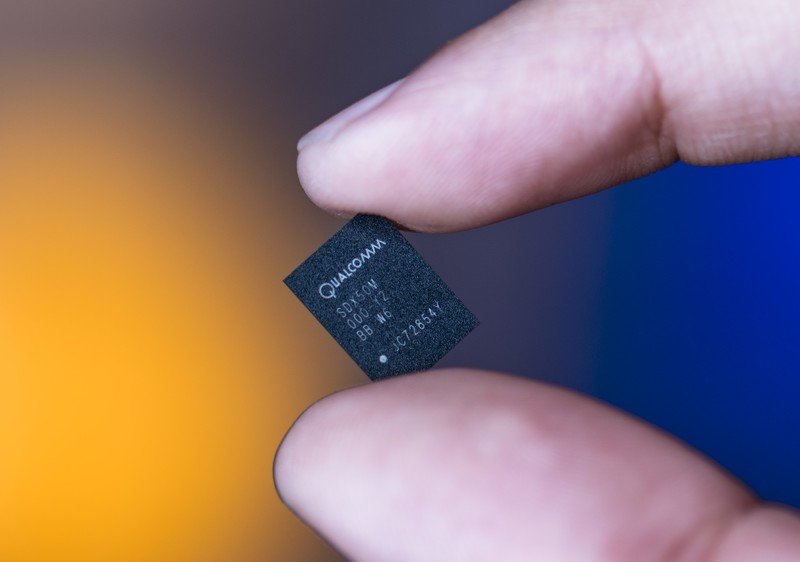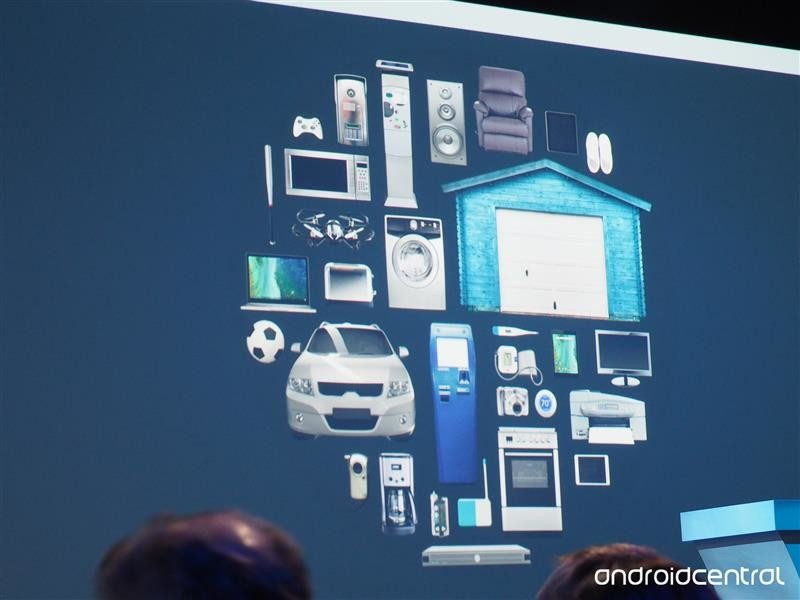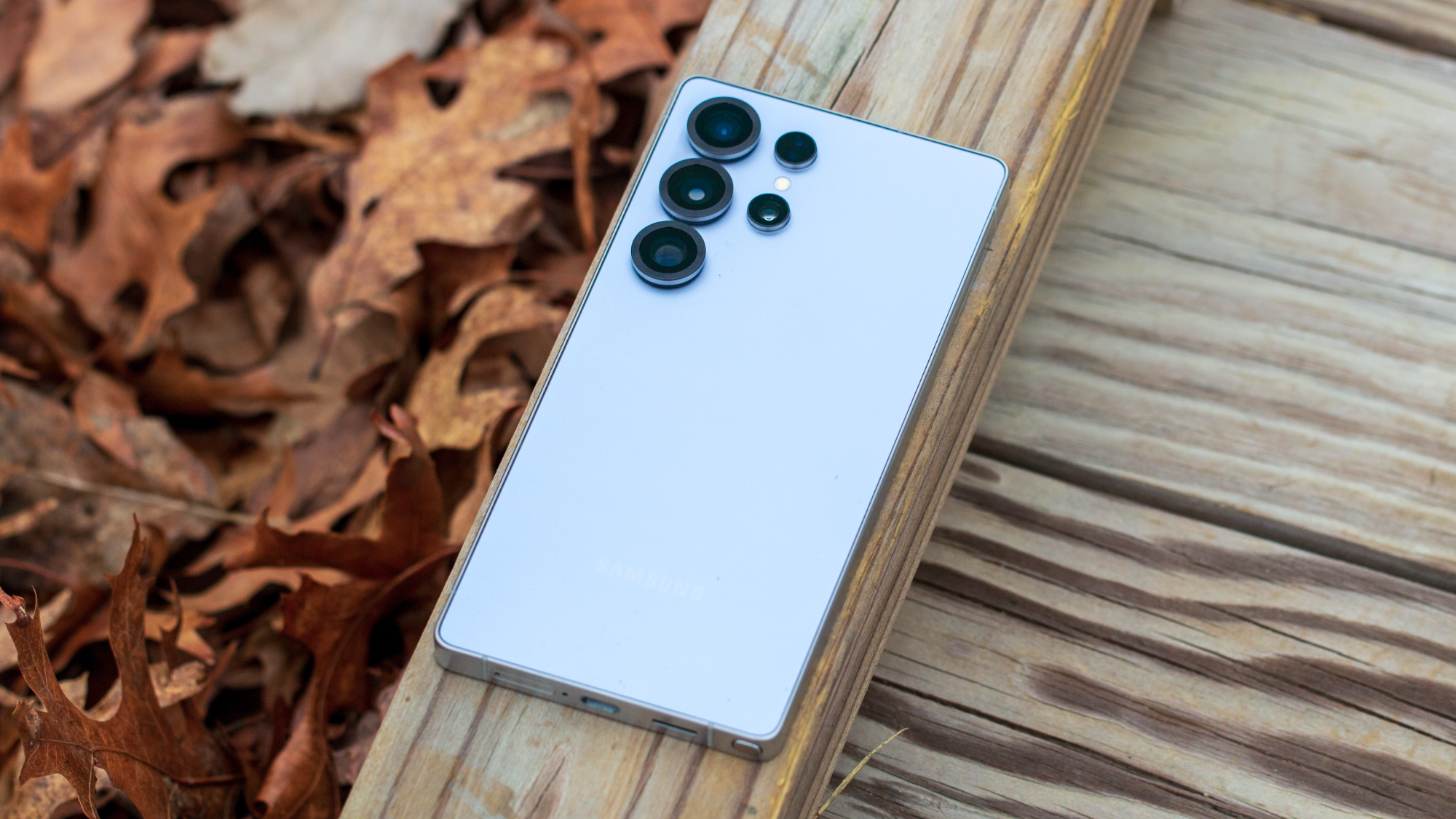Broadcom buying Qualcomm could grind innovation to a screeching halt

Most everyone has heard about Broadcom positioning itself to buy out Qualcomm. I'll leave the complete financial strategy for the experts to sort through, but the gist is that Broadcom is trying to spend $70 per share (over $100 billion in total) to buy out Qualcomm, who wants no part of it. Many on Wall Street like the idea, as Broadcom will likely be able to play nice with Apple and Intel so stock prices rise for all three companies, and there is a good chance the deal could happen and not be rejected by regulators.
There's a darker side, though, and it has to do with the abstract idea we call innovation. Specifically, that this takeover will kill the entrepreneurial spirit that Qualcomm fosters and new breakthroughs in the semiconductor space will suffer. Our own Daniel Bader goes into great detail about how this will affect the mobile space, and it is a must-read.
Why Broadcom's $130 billion Qualcomm deal would be bad for mobile innovation
But the same issues that surround this potential deal that are bad for mobile are also bad for tech in general. And it goes a bit deeper because this would be a case of a company solely driven by profit suddenly overseeing the ideas and engineers that fuel much of the innovation for what comes next.
Qualcomm is pulling out all the stops

I have no love for many of Qualcomm's business practices, specifically their licensing of SEP (Standards Essential Patents) required for LTE connectivity. Their recent legal struggles over their fees is a worldwide story, but much of the press focuses on the case from Apple over SEP licensing fees. Many pundits and industry analysts think the way they charge for these necessary ideas and technology is unfair, and I've expressed the idea myself a time or two. But ultimately what industry experts think doesn't matter because this is for the courts to decide. And so far, courts have sided against Qualcomm.
Qualcomm has to innovate or die once the courts are finished with them, and they know it.
But these very practices that put a tick in the "evil" column of Qualcomm's business checklist also are the best thing that will ever happen to mobile semiconductor tech. Once the Apple (and Samsung and Intel and Huawei and MediaTek and every other company who makes products with an LTE connection) cash cow dies, Qualcomm will need a substantial source of income to make up for it. That means it is doing what it does best — innovate with a fury.
Excellent mobile ARM SoCs, 5G networking tech, image processing systems and likely plenty of things we haven't seen are coming from Qualcomm at an incredible pace. These great products provide an affordable turnkey solution that any company can purchase to make its own products better. Simply put, there is no other company that can provide a single solution for connectivity, application processing, image acquisition and processing and audio capture and playback as good as Qualcomm's. Individual pieces might not be the best-in-class, but the total package is unbeatable for use in the products we want to buy.
Get the latest news from Android Central, your trusted companion in the world of Android
Qualcomm's engineers are hungry, smart, and free to try the crazy ideas that make breakthroughs happen. This is a golden age of tech in action.
Broadcom and the status quo

Broadcom equipment is expensive and everywhere even if we're not as familiar with the name.
Broadcom is able to afford a $100 billion-plus purchase of Qualcomm because of what the company is. Starting as a company selling networking circuitry and ASIC (Application-specific integrated circuit) processors designed for industrial and commercial communications, the Broadcom Corporation was purchased by Avago Technologies Ltd. in 2016 for $37 billion. Avago CEO Hock Tan is universally accepted as a financial wizard who has perfected his craft at General Motors, PepsiCo, and Commodore. He promptly split and sold Broadcom to shape it into what it is today — a manufacturer of radio equipment for consumer products, but also a major supplier of analog and mixed-signal chips for the automotive industry as well as ASIC processors for communications and data-center equipment.
Part of the streamlining was of course killing or selling off ideas and projects that weren't profitable. That's how business works and why engineers and their passion for experimentation don't usually make for a good CEO. There have been more than a few less than flattering words written about Tan, especially since the bid for Qualcomm was announced, but I can't agree with any of them; the man seems to be incredibly good at what he is supposed to be good at. He knows how to make money.
Enough money that $130 billion can be waved around to attempt a purchase of a rival corporation.
Oil and water

The whole "problem" here, and rest assured that much of the financial sector doesn't see any of it as a problem, is that a pragmatic businessman buying a company innovating to save its own life takes away a driving force in next-generation technologies.
We don't need another company with billions in the bank; we need a company that makes great ideas work.
Had Qualcomm been unable to see problems coming with their current business model or failed to execute on the great ideas coming from their engineering departments, none of this would matter. Apple, Intel, Samsung and the FTC would punish Qualcomm to the point where it was no longer profitable and Broadcom could buy the pieces to try and squeeze a few more dollars from it. But that's not how it played out.
Taking Qualcomm as it exists in the now and carving it up in order to keep what's profitable and to satisfy regulators (so that one company doesn't make every mobile Wi-Fi radio, for example) means one less company doing great things. And it just so happens that it would be the company doing the greatest things right now. This is easy for a mobile enthusiast to put into perspective: look at your phone. Does it take great photos? Can you connect to a data network at speeds that are double or triple what they were 24 months ago? Does your battery last all day? Qualcomm is a big part of anything you said "yes" for.
Keeping these two companies apart is best for the entire industry, including the companies themselves.
We should want a strong and profitable Broadcom, and I hope they can pick up NXP now that they've made Qualcomm's bid on the company more difficult. But we need a strong Qualcomm, too. A future where the courts have forced Qualcomm to play nice with other companies but leaves it to come up with new and better ways to compute is in everyone's best interests.

Jerry is an amateur woodworker and struggling shade tree mechanic. There's nothing he can't take apart, but many things he can't reassemble. You'll find him writing and speaking his loud opinion on Android Central and occasionally on Threads.
